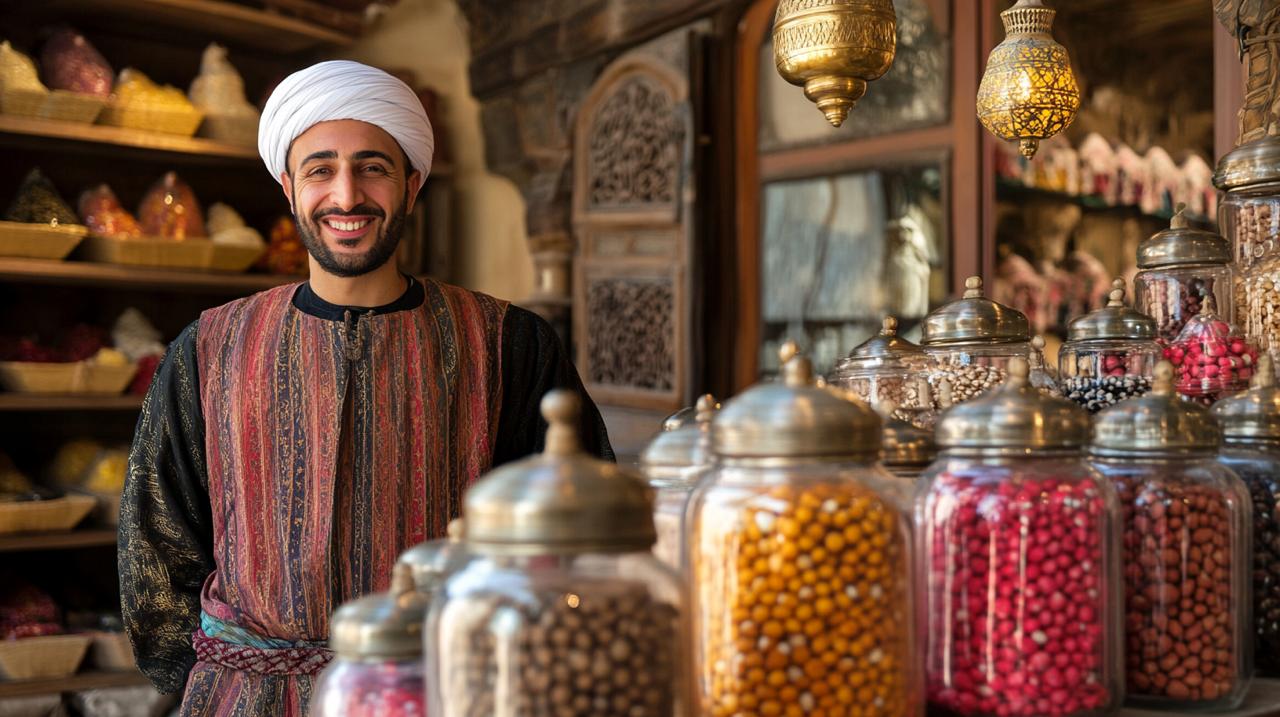
DREAMING OF DAMASCUS AND DELIGHTS...
When I stayed in Damascus, I used to watch the city from Mount Qasioun. During the day, the yellow city amidst lush green gardens, and at night, it sparkled like jewels scattered across a field.
I would think to myself, "May Allah forbid, if someone were to be exiled and asked where they would want to go, I would say Damascus—a place with pleasant air, water, and people, abundant livelihood, and proper faith."
Damascus is a country with beautiful air and water, plentiful livelihood, and gentle people. Even though its administration was stern, no other place could match the love its people had for the Turks. Most of the residents of the Meydan neighborhood trace their lineage to the Seljuks. The foothills of Mount Qasioun, known as Jabal al-Atrak, were inhabited by Turkish refugees from Antakya and the Golan.
Damascus was always a stronghold of Ahl al-Sunnah. There was a madrasa (Islamic school) on every corner. Mosques were filled with students of knowledge from all over the world.
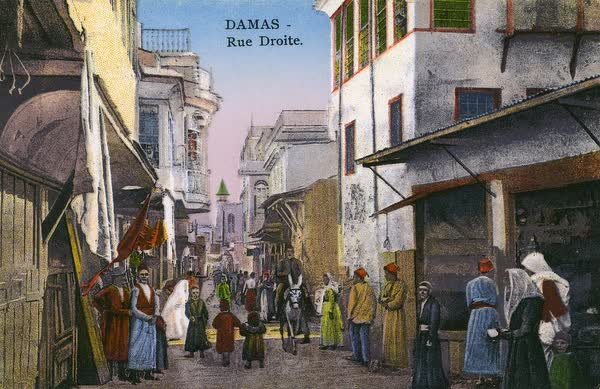
Damascus: The Noble Sanctuary
Situated at the eastern foothills of the Anti-Lebanon mountains, at the edge of a fertile plain irrigated by the Barada River, Damascus, with its population of 2 million, has always been an important crossroads. Damascus is one of the oldest cities in the world, with its origins dating back to 2,200 BC. It was conquered from the Romans during the caliphate of Abu Bakr al-Siddiq, and Islam entered and quickly spread throughout the city. The Umayyad Caliphate, one of the most glorious empires in history, was established in Damascus. In response to the Romans, who claimed Muslims lacked an appreciation for art and civilization, Umayyad Caliph Al-Walid brought craftsmen from Istanbul to construct the magnificent Umayyad Mosque, leaving onlookers in awe.
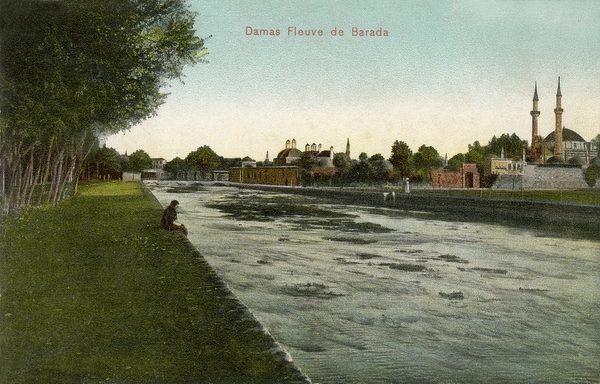
The verse of the Qur'an, “And We made blessed the area around it” (Surah Al-Isra, 17:1), indirectly praises Damascus. The Prophet Muhammad (peace be upon him) prayed, “O Allah, bless our Damascus!” and said, “In the end times, the Messiah will descend in Damascus. At that time, whoever enters Damascus will be safe from tribulations.”
The Ottomans, who called the city "
Sham ash-Shareef” (Damascus the Noble Sanctuary)," left their mark with magnificent works. By the early 20th century, Damascus was a developed city with trams and electricity. Damascus, and especially Aleppo, were significant trade centers. Aleppo was known for its cotton fabrics, olive oil, and soap, while Damascus was famous for its silk textiles and sweets. There is even a saying: “Neither the sweets of Damascus nor the face of a fallah!” A fallah refers to an Arab villager. It implies that a person does not want to deal with the effort or trouble associated with something tempting (the sweets) or something unattractive (the peasant's face).
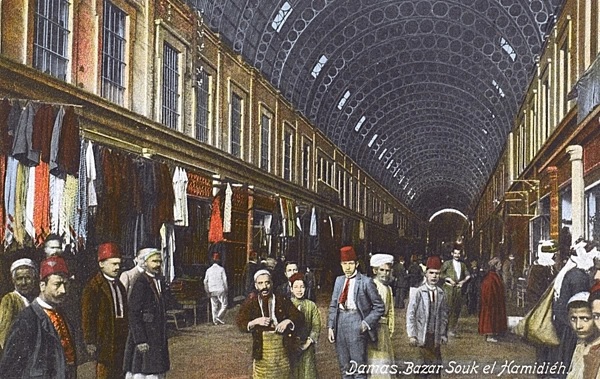
Beautiful Days Were Just a Dream!
Jamal Pasha, the Young Turk governor of Syria, brought hardship to Damascus. The city's busiest street bears the name Jamal Pasha al-Saffah (Jamal Pasha the Bloodshedder). This oppression marked the end of Turkish rule. Following a crushing defeat of Turkish forces under Mustafa Kemal Pasha, Syria fell under Allied occupation.
After the war, as the Middle East was divided, Syria was allocated to France. The National Assembly elected Sharif Faisal as King of Syria, but the French defeated Faisal's forces. The people’s resistance against the French lasted eight years, during which Damascus was mercilessly bombed.
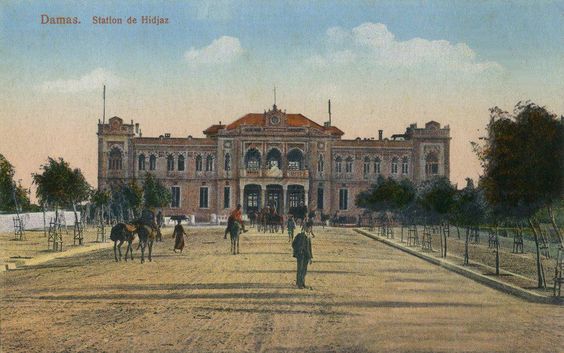
In Syria, which had been governed by the Ottomans with 350 officials, the French employed 4,000 people before their withdrawal. When the French withdrew from Syria, they detached Lebanon to create a separate government under Christian administration, opening a new chapter of endless problems in the Middle East. Governments in Syria comprised individuals educated in Ottoman schools.
In 1924, Damascus embraced Ottoman exiles, granting them modest pensions through waqfs (Islamic foundations). The remains of Sultan Mehmed VI Vahdettin were interred in the Suleymaniye Tekke cemetery, which became the burial ground for the exiled Ottoman dynasty.
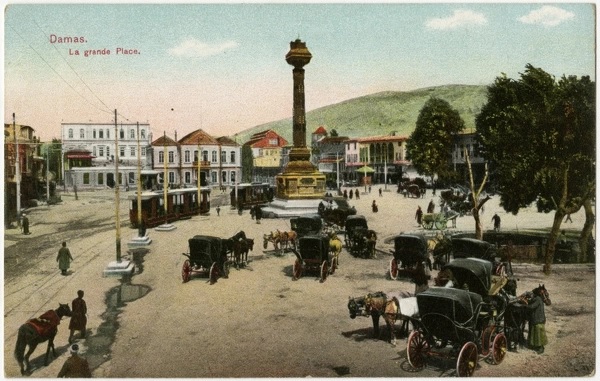
Iron Fist
In 1963, the National Socialist Ba'ath (Renaissance) Party came to power through a coup. In 1970, Hafiz al-Assad, a pilot from the party's left wing, staged another coup and ruled the country with an iron fist. Combining socialist ideology with a minority complex, he went down in history as one of the era's most notorious dictators. Originally, he was a Nusayri (Alawite) peasant child from Samandağ. His name means "lion keeper," and "Assad" (lion) is a name favored among Alawites as it symbolizes Ali ibn Abi Talib.
The Nusayris, known in Anatolia as "Arab servants" or "fellahin," predominantly lived in mountain villages near Latakia. Under the new regime, doors to power in Syria gradually opened for them. Nusayris began flooding into the military, seeking stable salaries and social prestige.
When the French withdrew, Nusayris occupied lower ranks in the military. By 1956, however, approximately 65% of officers were Nusayris. The Mukhabarat (secret military police) was entirely under their control. Every Sunni official had a Nusayri deputy, and the Mukhabarat could eliminate anyone with a single report.
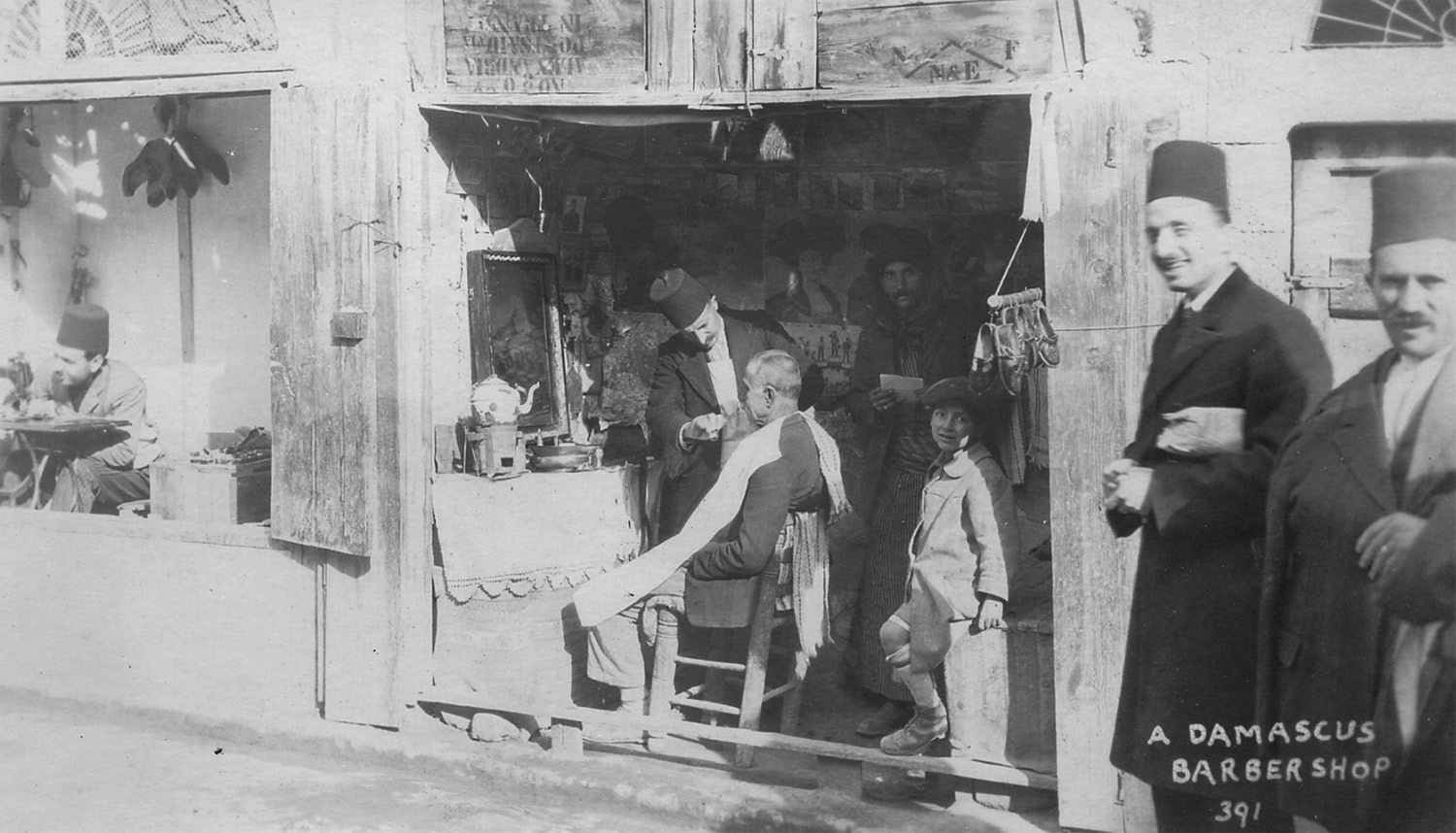
According to the Syrian constitution, the president must be a Sunni Arab. Hafiz al-Assad, with his large head, thin, short, and crooked legs resembling a grotesque figure, appeared on television declaring, "I am Sunni," and no one dared to challenge him. The ulama (religious scholars), adopting a pragmatic stance to avoid worse scenarios, sought to maintain good relations with the government, which, in turn, generally left those who stayed out of politics alone. Despite this, the tomb of Muawiyah ibn Abu Sufyan was turned into a derelict site, stoned by Shiites.
Hafiz al-Assad managed to secure the loyalty of Christians and Druze, who made up about 10% of the population, by instilling fear of the Sunnis. He divided the Sunni community by allowing Sunni merchants to profit in exchange for cooperation. Furthermore, he married his son Bashar to the daughter of a Sunni family. This strategy helped the family maintain power for nearly 50 years.
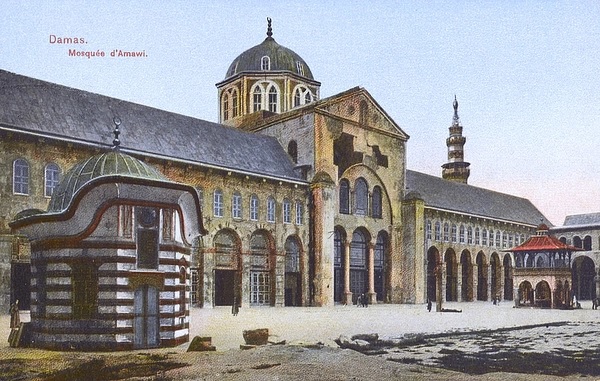
The Minority Rules the Majority!
In 1981, following the uprising of the Muslim Brotherhood, all opposition members and anyone suspected of having ties with them were either killed or fled. When Hafiz al-Assad’s son Basil died in a car accident, his brother Bashar, an ophthalmologist in England, succeeded their father in 2000. Initially, Bashar gave hope for positive change but later continued his father’s authoritarian methods. During his visit to Türkiye, newspapers headlined, "Assad and His Elegant Wife."
During the Arab Spring, the United States and its allies, unfamiliar with the Middle East's dynamics, ignited a civil war in Syria. Numerous opposition militias emerged, but the project ended in failure. Millions were killed or displaced, and the country turned to ruins. Yet, the regime, supported by Iran and Russia, stood firm.
When Hezbollah, allied with Iran, suffered blows from Israel and Russia became preoccupied with Ukraine, the opposition gained momentum. The Assad regime collapsed within a week, like a house of cards. This outcome was essentially the result of an agreement among external powers such as the U.S., Russia, Iran, and Türkiye. The group that seized control of Damascus, Hay’at Tahrir al-Sham (HTS), is a branch of the Salafi-minded al-Qaeda, listed as a terrorist organization worldwide. However, HTS now presents itself as independent and moderate; its leaders have even visited the tomb of Ibn Arabi.
It is striking that Syria, where 80% of the population is Sunni and which has been a bastion of Sunni Islam for centuries, was under the control of an extreme Shiite sect for 50 years and has now fallen into the hands of groups identified as Salafi. According to what I have heard, the Sunni population of Damascus awaits the future with anxious anticipation.
Governance is no easy task. The victors should step aside and install experienced, reputable, knowledgeable, and neutral figures to lead the government. This would both relieve them of the burden and generate sympathy in global public opinion.
However, this is easier said than done. The intoxication of victory and the desire for power often prevent such measures. Voices saying, "Is this what we fought for?" will inevitably arise. In such a case, there is a risk of the country being divided along ethnic and sectarian lines or of the victors turning on each other over the spoils of war, as seen in Afghanistan.
May Allah protect Syria from such a fate. If this does occur, it may take decades for the country to recover. Yet, external powers willing to finance the reconstruction of the war-torn nation are likely to impose a moderate political system as a condition.
Önceki Yazılar
-
THE WATER OF IMMORTALITY IN THE “LAND OF DARKNESS”28.01.2026
-
THE WORLD LEARNED WHAT FORBEARANCE IS FROM SULTAN MEHMED II21.01.2026
-
THE RUSH FOR GOLD14.01.2026
-
TRACES OF ISLAM IN CONSTANTINOPOLIS7.01.2026
-
WHO CAN FORGIVE THE KILLER?31.12.2025
-
WHEN WAS PROPHET ISA (JESUS) BORN?24.12.2025
-
IF SULTAN MEHMED II HE HAD CONQUERED ROME…17.12.2025
-
VIENNA NEVER FORGOT THE TURKS10.12.2025
-
THE FIRST UNIVERSITY IN THE WORLD WAS FOUNDED BY MUSLIMS3.12.2025
-
WHO BETRAYED PROPHET ISA (JESUS)?26.11.2025